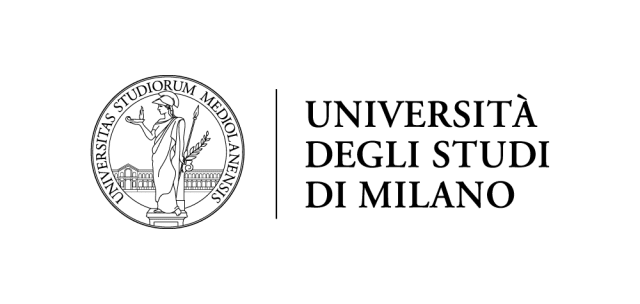PhD in Pharmacological Biomolecular Sciences, Experimental and Clinical
Milan, Italy
PhD
DURATION
3 years
LANGUAGES
English
PACE
Full time
APPLICATION DEADLINE
EARLIEST START DATE
Oct 2026
TUITION FEES

STUDY FORMAT
On-Campus
Fast-track counseling
By contacting the school, you'll get access to free priority counselling for any study and application questions.
Key Summary
The doctoral program trains biomedical experts in modern pharmacological research through multidisciplinary approaches. It encompasses basic research, pharmacological-toxicological studies, innovative drug development systems, and technical-scientific collaboration. Students develop competencies for translating discoveries into clinical practice, benefiting public health and socio-economics.
The doctoral programme, a third-cycle programme, makes the most of the multidisciplinary knowledge of the teaching staff to train biomedical experts in the most modern aspects of pharmacological research. In particular, the areas of interest are:
Basic research
The study of key mechanisms and molecules in physiopathological processes to identify new pharmacological targets and/or new markers predictive of disease and therapeutic effectiveness. Research involves:
- The analysis of molecular and cellular aspects of complex physiological processes
- The study of pathogenic mechanisms in diseases
- The study of biological markers of use in translation of preclinical research to humans
The research applied to the pharmacological-toxicological study of active ingredients
- Analysis of the activity of active principles, including biological drugs under development or in clinical use
- Analysis of foods, food supplements and therapeutic plant derivatives
- Analysis of xenobiotic activity
Research applied to the creation of innovative systems for studying pathologies and developing drugs and evaluation of their effects on the population
Basic research on:
- The development of cellular and animal models also through genetic engineering methodologies.
- Optimising preclinical protocols for simple and complex diseases, including co-morbidities.
- In silico approaches to the study of new drug-toxicology targets.
- The use of databases and population studies also assess drug use and outcomes in terms of clinical events.
Technical-scientific collaboration for revising documentation on active compounds and plant protection products and for drug safety and with other clinical centres
In conclusion, students will develop competencies applicable to various areas of academic and industrial research, allowing effective "bench to bed" translation and a multidisciplinary approach essential for public health, with a significant socio-economic impact on health.
Year 1
January 2024
Compulsory
- Translational Relevance of Steroid Molecules in Physiology and Diseases
March 2024
Optional
- Genetics and Epigenetics for Biomarker Identification and Therapy
April 2024
Compulsory
- Basics of Statistics and Applications in Biomedical Research
May 2024
Optional
- Multiomic Approaches to Study Cardiometabolic Disorders.
Year 2
February 2024
Optional
- Gut Brain- and Liver Brain- Axis: Theoretical and Practical Aspects Related to Metagenomics
March 2024
Compulsory
- Humanized Experimental Models Investigating in Vivo Human
July 2024
Optional
- Stem Cells in Experimental and Clinical Pharmacology
Year 3
January 2024
Compulsory
- Experimental Models and Rnaseq Technique to Investigate Molecular Mechanisms Underlying Psychiatric Disorders
May 2024
Optional
- The Central Role of Metabolism in Health and Disease: Concepts, Omics Approaches, Their Interpretation and Applications


